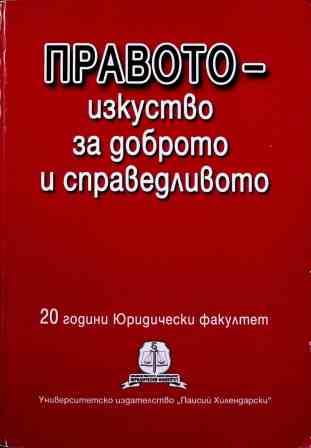Russia, Chechnya and the Geneva Conventions, 1994-2006: Norms and the Problem of Internalization
Russia, Chechnya and the Geneva Conventions, 1994-2006: Norms and the Problem of Internalization
Author(s): Mark Kramer
Subject(s): Law, Constitution, Jurisprudence, History of Law, International Law
Published by: Пловдивски университет »Паисий Хилендарски«
Keywords: Russia; Chechnya; conventions; international norms; policies; internalization
Summary/Abstract: This paper discusses Russia’s position vis-à-vis the four Geneva Conventions of 1949 and the two Additional Protocols of 1977 and the implications for the two wars fought by Russian troops against separatist guerrillas in Chechnya in 1994 – 2006. The paper begins by tracing the Soviet Union’s policies toward the Conventions and Additional Protocols and the effects of these documents on Soviet military operations both abroad and at home from the late 1940s through the early 1990s. The experience with the Conventions and Additional Protocols during the Soviet era helped to shape the policies of the Russian Federation, which, as the legal successor state to the USSR, inherited the Soviet government’s obligations under international treaties and agreements. The paper highlights the changes and continuities in post-Soviet Russia’s position and then uses the recent Russian-Chechen wars as a case study. The paper sheds light not only on Russia’s policies in Chechnya but also on recent scholarly literature regarding international norms and state behavior. A norm in international relations, including the tenets of international humanitarian law, can be defined as a shared conception of the appropriate way to behave or the appropriate stance to take on a particular issue.
Book: Правото - изкуство за доброто и справедливото. 20 години Юридически факултет
- Page Range: 493-504
- Page Count: 12
- Publication Year: 2013
- Language: English
- Content File-PDF

